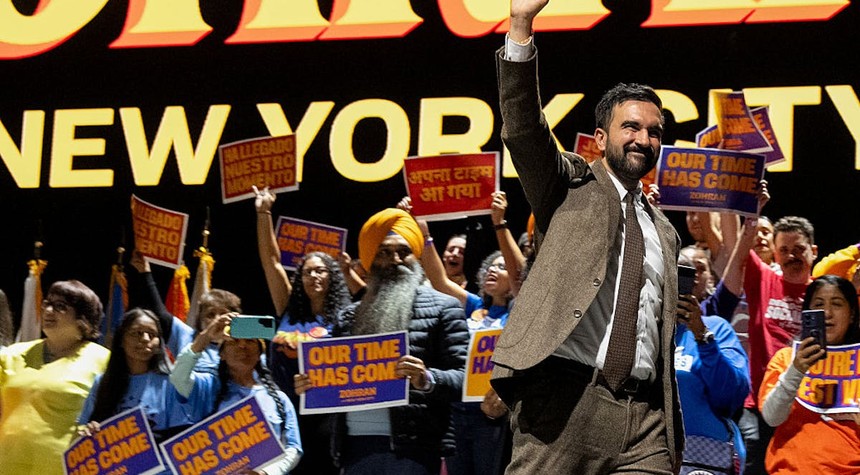The integrity of New York City’s upcoming mayoral race faces new scrutiny following the circulation of a controversial video allegedly showing candidate Zohran Mamdani making concerning remarks about his political intentions. The brief clip, which has garnered significant attention across social media platforms, shows an individual purported to be Mamdani stating, “We came here to remake the state in the image of our people.”
While the authenticity of the footage remains unverified, its impact on the political discourse is undeniable. Several prominent political figures, including Congresswoman Elise Stefanik, have shared the video, treating it as legitimate documentation of Mamdani’s stated objectives.
The emergence of this footage presents a critical moment in American electoral politics, where the rise of artificial intelligence technology creates new challenges in distinguishing authentic content from sophisticated fabrications. The video’s brevity and lack of context raise legitimate concerns about its authenticity, yet no definitive evidence has emerged to prove or disprove its legitimacy.
However, the broader implications of this controversy extend beyond the video itself. Recent polling data reveals a stark divide in New York’s electoral landscape that demands attention. According to comprehensive voter surveys, Mamdani’s support shows a significant disparity between native-born and foreign-born voters. Among natural-born American citizens in New York, incumbent Andrew Cuomo maintains a nine-point lead over Mamdani, with the latter capturing only 31% of native-born voter support.
These statistics illuminate a fundamental transformation in New York City’s political dynamics. The demographic shifts of the past three decades have fundamentally altered the electoral landscape, creating what many conservatives view as a concerning departure from traditional American voting patterns.
The facts speak for themselves: in a hypothetical scenario reflecting New York’s demographic composition of 30 years ago, Mamdani’s candidacy would likely have failed to progress beyond the primary stage. This reality underscores the profound impact of immigration policies on local electoral outcomes.
As artificial intelligence continues to evolve, the challenge of maintaining electoral integrity will only intensify. The Mamdani video controversy serves as a harbinger of future challenges where the authenticity of campaign materials will face unprecedented scrutiny. Moving forward, every major election will likely contend with AI-generated content, requiring voters to exercise increased vigilance in evaluating political messaging.
The convergence of these technological and demographic challenges presents a critical moment for American democracy, particularly in urban centers like New York City. As the election approaches, voters must carefully consider not only the authenticity of campaign materials but also the broader implications of demographic change on democratic processes and outcomes.
Related: Hollywood Elite Demeans Midwest Voters While Pushing Liberal Media Narrative


